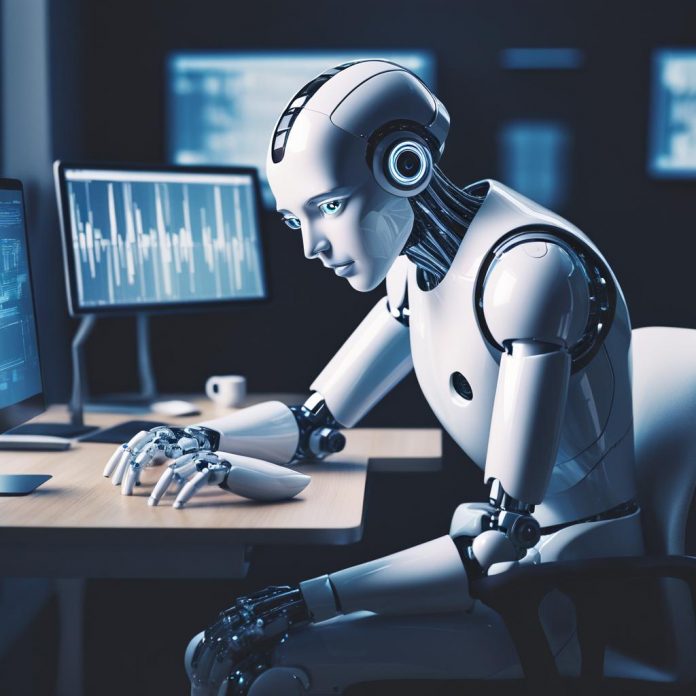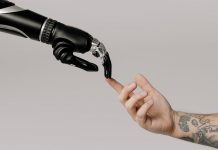With respect to artificial intelligence (AI),it is often debated that whether it may revolutionize job roles. One theory suggest that it may alleviate mundane tasks and free up time for more profound as well as creative work. It is perhaps even paving the way for a shorter workweek. However, as we witness AI integrating gradually deeper into workplaces, its influence on work culture may not align with the optimistic projections. Let us discuss here why it is so:
Rise of an “Always-On” Culture
Gill, CEO of Kognitos, believes on a different scenario. He predicts that AI could fuel an “always-on” culture and companies are to utilize AI to remain competitive round the clock. It is true that AI streamlines manual tasks. Hence, it is placing humans on constant standby and caters to an expectation of immediate, 24/7 service. Gill argues that it could result in increased fatigue and busyness for many workers.
Complex Realities of AI Integration
Emily Rose McRae from Gartner challenges the narrative of AI as a relentless taskmaster. Her argument is that the operational costs associated with 24/7 AI operations might deter companies and especially if demand does not justify the expense. Many business houses have reduced service levels due to employee burnout and this indicates a broader pushback against overwork.
McRae believes that competitive pressures can make companies experiment a four-day workweek soon. And maintaining a 24/7 workforce could be challenging as there are always labor shortages.
AI’s Impact on Job Pressures and Productivity
Simon Johnson of MIT acknowledges the existing pressure on white-collar workers. He envisions a future where AI intensifies job demands as well as potentially frees up time for creative pursuits. However, it depends on how new tasks evolve with advancing technology.
Alexey Korotich of Wrike states to be stepping away from work when AI provides constant access to information. He compares it to transformative impact of emails. He noted how technological efficiencies often create new complexities and pressures.
Management’s Role in Shaping Work Culture
Dale Whelehan, CEO of 4 Day Week Global, states that the impact of AI on job structures will hinge on management decisions. However, it is not to forget that historically technology has spurred job creation as well as innovation. It has not necessarily improved work-life balance.
Also Read: Exploring top 5 blockchain gaming tokens
Human Element in Work-Life Dynamics
Gill further points out that workweek length is only dictated by technological advancements, but it is also dictated by the societal pressures to excel. There is always a desire to outperform peers. And he suggests individuals to work longer hours irrespective of the influence of AI.
Q&A
1. How might AI contribute to an “always-on” work culture?
AI has the ability to automate tasks and provide continuous service. This could lead to heightened expectations for immediate responses as well as immediate availability. Companies are gradually adopting AI-driven solutions and it is important to rely on human oversight and support as well. This may lead to a culture of constant connectivity and work readiness.
2. Will AI adoption make it harder to implement a four-day workweek?
Integration of AI may have dual effects on the possibility of a four-day workweek. AI has the potential to streamline operations. It can boost productivity. Simultaneously, it may also create demands for continuous availability and this leads to longer working hours for some employees for proper AI system management. It could be something like catering to round-the-clock customer expectations.
3. How can businesses balance AI-driven efficiencies with employee well-being?
Businesses must prioritize employee well-being while embracing AI. Hence, it is required to set clear boundaries on work hours. It is also required to provide adequate rest periods as well as strengthen a supportive work environment that values work-life balance. Moreover, leaders should understand the true benefits of AI implementation and simultaneously also consider its impact on overall job satisfaction.
4. What role does management play in shaping work culture amid AI integration?
Decisions of management are important in shaping work culture amid AI integration. Leaders must also look into promoting responsible AI usage and even establish policies that safeguard against overwork. They should encourage a healthy work-life balance. It is true that effective leadership can leverage AI and enhance efficiency without compromising employee health and job satisfaction.
5. Can AI advancements lead to a more flexible work schedule?
AI can automate repetitive tasks and its impact on work schedules depends on organizational priorities as well as leadership strategies. Those companies which prioritize employee well-being and innovation should use AI to enable flexible work arrangements.
Also Read: Guide to Future of IoT Connectivity
6. What considerations should businesses keep in mind when adopting AI technologies?
Businesses should look into the broader implications of AI and it should be beyond immediate efficiencies. It could be like evaluating potential impacts on work culture, employee workload and job satisfaction of course.












